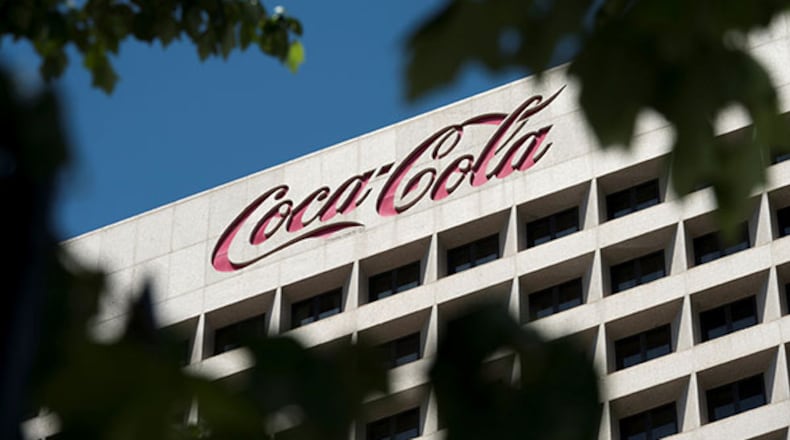The Republican-led U.S. House Judiciary Committee has a new target in its probe into whether efforts by major companies and advertising agencies to combat online misinformation and harmful content suppresses conservative speech and media.
The committee on Tuesday wrote Coca-Cola’s chairman and chief executive, James Quincey, demanding the Atlanta-based giant provide records and communications related to its involvement in an advertising industry trade group, the “Joe Rogan Experience” podcast and Spotify, the program’s host platform.
Rogan, the most popular podcaster on Spotify, has been embroiled in several controversies in recent years. Most notably, doctors and public health experts accused him of spreading misinformation about COVID-19 and coronavirus vaccines.
Spotify faced calls for boycotts by health officials, and musicians, including Neil Young and Joni Mitchell, temporarily pulled their songs off the streaming service. Advertisers were largely quiet on the controversy. Spotify added disclaimers to Rogan’s shows that touched on COVID-19 but backed the star.
It’s unclear whether Coke has advertised on Rogan’s show, though he has often made references to the company — sometimes erroneous statements — on the podcast and in other forums.
The letter, signed by Judiciary Chairman Jim Jordan, R-Ohio, seeks records about Coke’s involvement with the World Federation of Advertisers and its Global Alliance for Responsible Media initiative, or GARM, a collaboration of major advertisers backed by the World Economic Forum that seeks to create brand safety standards for online content.
Credit: TNS
Credit: TNS
Coca-Cola did not immediately provide comment.
Advertisers generally have standards about how their brands are presented and where their content appears on the Web. Social media companies, such as X, formerly known as Twitter, and a number of conservative media groups have faced boycotts from advertisers over concerns about misinformation, racist and antisemitic speech, and other objectionable or harmful content.
Jordan launched an investigation in March 2023, shortly after he took the reins of the powerful committee, that alleged companies and trade groups could be violating antitrust laws by taking actions with their influence and advertising spending that can demonetize or de-platform conservative speech.
Jordan has made probes of alleged online censorship of conservative views one of the top priorities of his chairmanship, and it’s likely hearings could come later this year. The committee has also sought records related to the Fulton County election fraud case against former President Donald Trump and co-defendants. Critics say Jordan is weaponizing the power of his committee to go after perceived enemies.
Last year, Jordan subpoenaed records from GARM and the World Federation of Advertisers. In March, the committee sought information from a number of major corporations, including Unilever and Proctor & Gamble.
The committee’s letter to Coke sets a May 7 deadline for various records. These include communications between the company and the World Federation of Advertisers and GARM related to “advertising, so-called misinformation, so-called harmful content, or disfavored content on Spotify” and Rogan’s show.
Jordan sent a similar letter Tuesday to the renewable energy company Orsted demanding records related to the social media platform X and billionaire Elon Musk’s purchase of the company.
About the Author
Keep Reading
The Latest
Featured





